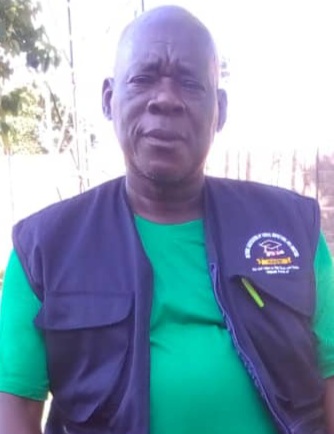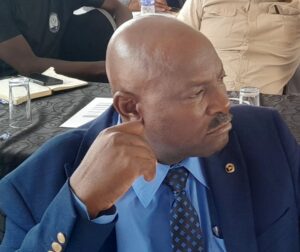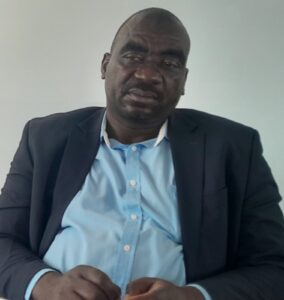By Flata Kavinga
Kwekwe District Schools Inspector Nicholas Zihwiti has raised concern over the shortage of schools, poor infrastructure, and lack of essential facilities in both rural and urban schools across the district, describing the situation as “a very sorry state.”
Speaking during the Zibagwe Rural District Council Strategic Plan Workshop held in Kwekwe, Zihwiti said the district has 194 schools — 137 primary and 57 secondary — but the number remains inadequate for the growing population.
“In urban centres, you find that schools such as Manunure, Mbizo High, Chiedza and Chana are experiencing hot-sitting, which was initially meant to be a temporary measure in the 1980s,” said Zihwiti. “Today, hot-sitting is still in existence. That shows that the number of schools in the district is not adequate.”
He added that in rural areas, some pupils walk up to 15 kilometres to and from school daily, which negatively affects attendance and performance.
“When learners are travelling such long distances, it goes to show that we still have a serious shortage of schools,” he said. “As council, we need to look at this carefully when making our strategic plans.”
Zihwiti also painted a bleak picture of the state of infrastructure in existing schools, citing inadequate classrooms, furniture, water, electricity and sanitation facilities.
“If you visit schools like Tombankala Secondary, you will see classrooms that are open and not fit for learning. Some pupils even sit on the floor because there are not enough desks and chairs,” he said.
He revealed that less than half of the schools in the district are electrified, leaving most pupils without access to digital learning tools.
“We are in a digital era, yet our learners are left behind because many schools have no electricity,” said Zihwiti.
On water and sanitation, the education inspector commended development partners such as Plan International for assisting schools by sinking boreholes and installing JoJo tanks. However, he noted that many schools still lack access to clean water.
“While we appreciate the help from partners, a significant number of schools still do not have reliable water sources,” he said.
Zihwiti also expressed concern over the lack of sporting facilities, particularly in rural schools, where pupils have access only to traditional sports such as football, netball and athletics.
“You will not find facilities for sports like cricket, rugby, basketball or tennis in rural schools,” he said. “Sporting has become a livelihood for many, yet our rural learners are left out due to lack of facilities.”
He urged the Zibagwe Rural District Council to prioritise investment in educational infrastructure, digital connectivity and sporting facilities in its strategic plans to bridge the gap between urban and rural schools.
“As we make our strategic plans, we must think seriously about providing adequate schools, infrastructure, clean water, electricity, and sporting facilities so that no child is left behind,” said Zihwiti.





